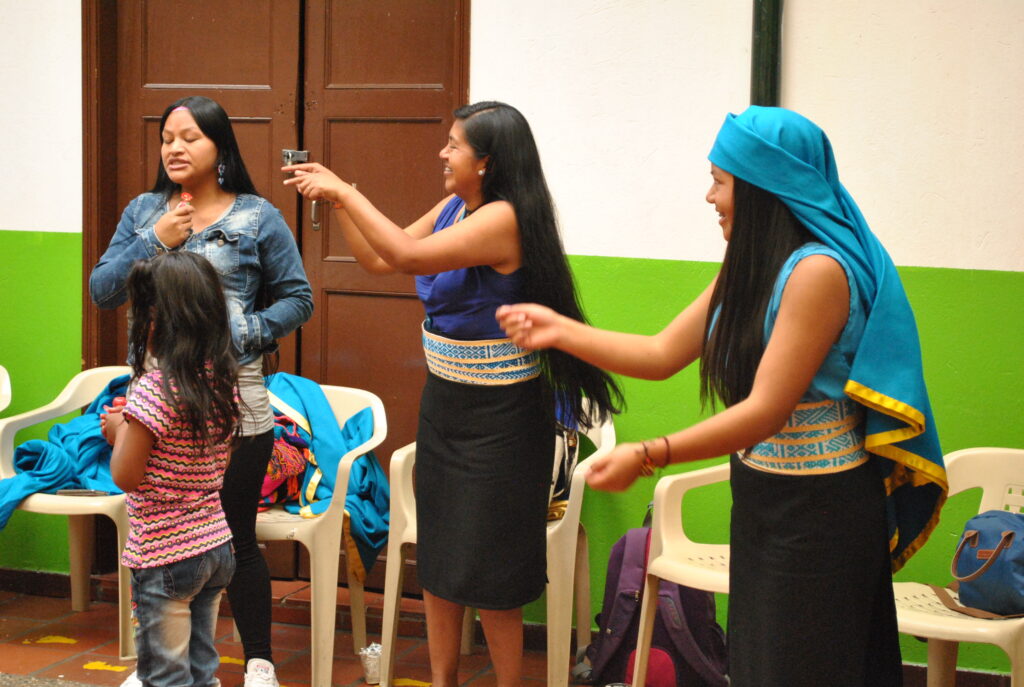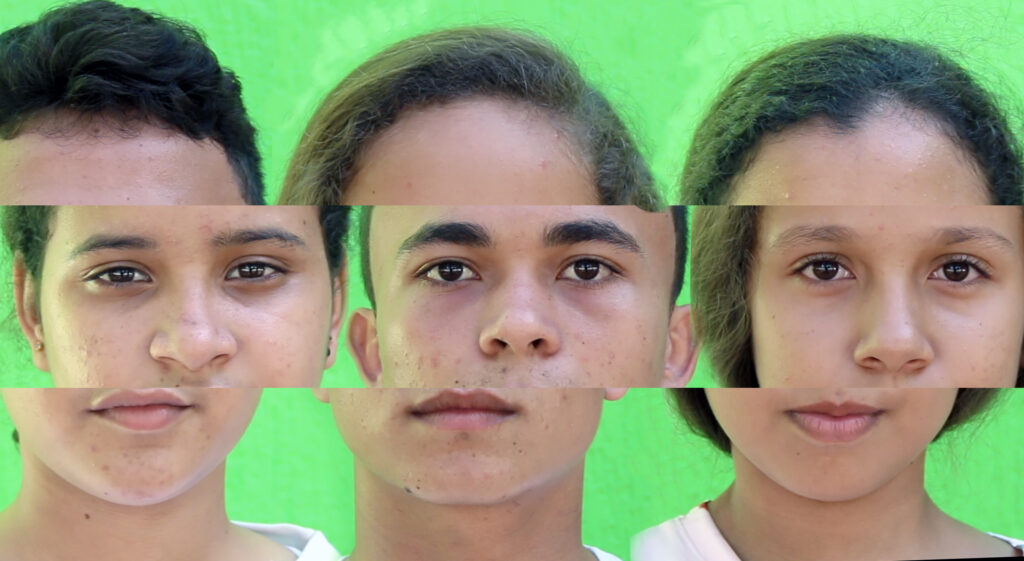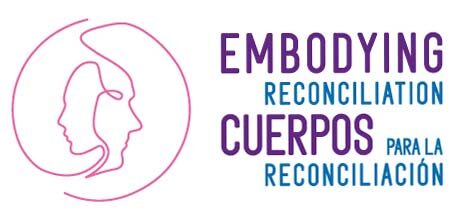"An intercultural approach respects the dialogue between diverse parties and does not superimpose one above others, instead, it allows a rather peaceful and harmonious coexistence"
Training of cultural actors process 2020
INTERCULTURALITY
Interculturality allows for the exchange of knowledge, practices, and worldviews, . It promotes the knowledge of practices, expressions, skills, and customs of other groups that are geographically distant, rendering visible the common achievements and challenges that unite them. In this sense, the “other” is recognized and valued in their difference, and this builds new networks of creation, collaboration, and ways of engaging that facilitate the circulation of local knowledge inside and outside their territory of origin.
Sometimes the clash between cultures can lead to some individuals appropriating the customs, knowledge systems, and practices that do not belong to them, disrespecting the rights of legitimate bearers, and reaching instances wherein ideas are marketed or attributed in an individualistic and non-consented fashion. This is known as cultural appropriation. Embodying Reconciliation seeks to encourage a reflective, critical and inclusive education that makes the difference visible while assuring that traditional authorship is respected and colonial or extractivist dynamics are not repeated.


With the education that we propose, we seek to develop technologically mediated methodologies to connect different cultural groups through innovative games, collective creations, and narratives that make the “other” visible. This generates an exchange that resonates across several levels of communication, starting with the body but continuing with immersive, virtual, and culturally relevant digital experiences.
© Copyright 2016 – Corporación Embodying Reconciliation – Cuerpos para la Reconciliación
